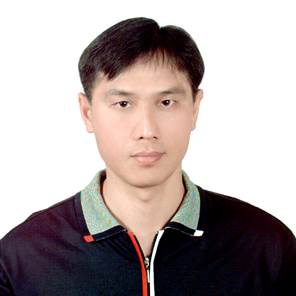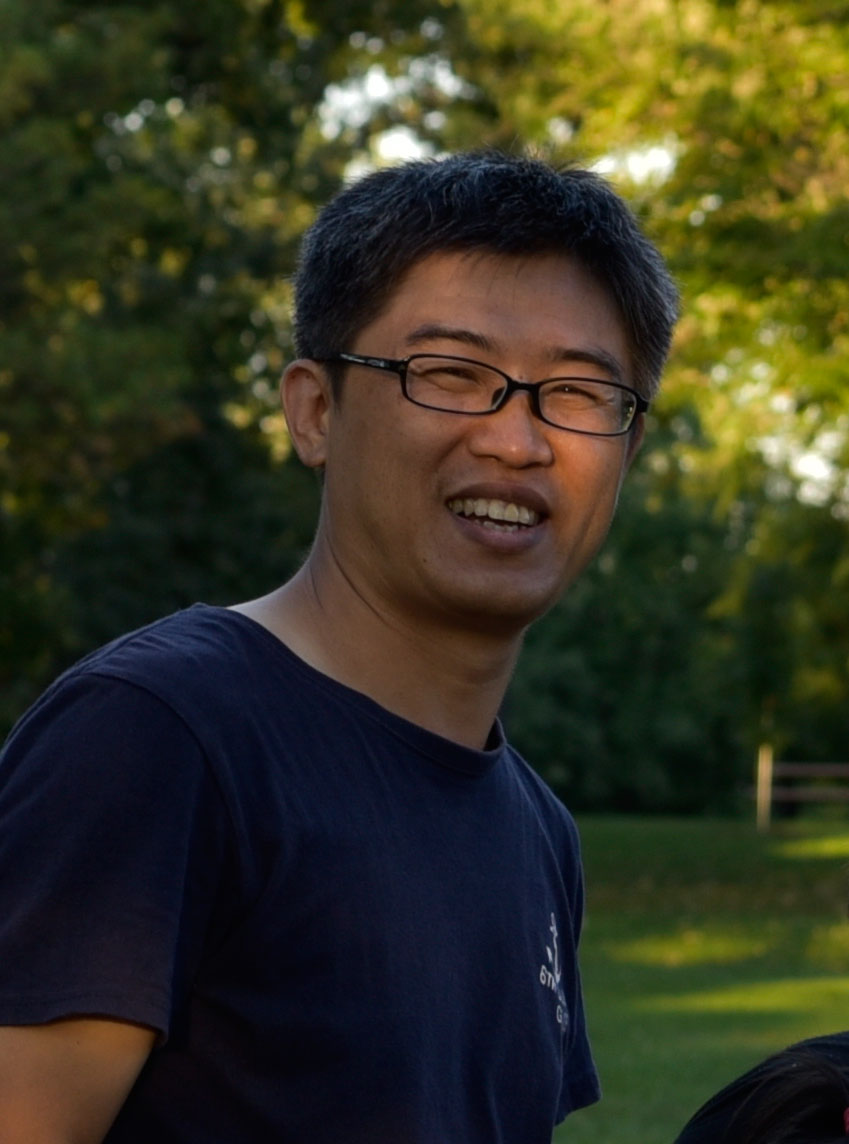Speakers

Nian-Shing Chen, Ph.D.
Nian-Shing Chen, Fengtay Chair Professor, National Yunlin University of Science and Technology, Taiwan http://www.nschen.net
Designing applications for education using IoT, educational robot and toy: Personal experience sharing
In this talk, I will be sharing two real applications for education by using the IoT, educational robot and physical toy.
The first application is developing an application for language learning by leveraging the real-time features of IoT sensors to enable educational robot to respond sensible and meaningful speaking to learners while playing with IoT-equipped toys.
The second application is to design and implement an aquaponics system fully operated by automatic controls of IoT sensors.
The system has been up and running for about two years and has produced decent amount of organic vegetables and fresh water fishes including jade perch and silver perch. The developed system contains rich educational contents for students to learn how to grow sustainable organic green foods.

Eugene G. Kowch, Ph.D.
Association of Education Communications & Technology (AECT), President.
Dr. Kowch is the President of the Association of Education Technology and Communication, the century-old premier educational technology theory and praxis organization with affiliates in 15 countries. He is also the Chair of the Leadership, Policy, and Governance Department at the University of Calgary, a major Canadian doctoral research university. Eugene’s professional industry experience includes leadership of major multinational mergers and acquisitions for major global energy companies where he specialized in leading international teams working on system simulation, asset evaluation, and mega project design/development. Interested in social entrepreneurship, Dr. Kowch changed careers mid-life to help all kinds of education systems, educators and learners prepare for better lives with technology in a more connected world. His professional experience in schools, university and colleges includes roles as K-12 teacher, head of school, deputy superintendent of education, and as a professor in the faculty of education. His research and research teams focus on educational technology leadership, systems thinking and change theory development, and on leader capacity building for technology-enhanced information age institutions using network, chaos and complexity theory. He is also Chair of the AERA (American Education Research Association) Chaos and Complexity Theory Special Interest Group (SIG). His professional experience includes design and leadership roles in industry, K-12 school systems and universities, and he serves on many editorial Boards and is the Editor of the Springer Major Reference work “Systems Thinking and Change”, to be published in 2019.
Invited Speakers

Chengjiu Yin
Chengjiu Yin is currently an Associate Professor of the Information Science and Technology Center in Kobe University, Japan. He has more than 10 years of experience in the field of Educational Technology, specifically language learning and mobile learning. His current professional interest focuses on educational data mining and learning analysis. He has published more than 150 academic papers. He is a member of IEEE, JSET, JSiSE and APSCE
He was the PC chair of International Conference on Learning Technologies and Learning Environments (LTLE2014), LTLE2013, LTLE2012; the Demo Chair of Int. Conference on Wireless, Mobile and Ubiquitous Technologies in Education2012/DIGITEL2012, and the chair of ICCE2015 Conference on Classroom, Ubiquitous and Mobile Technologies Enhanced Learning (CUMTEL), the poster chair of ICCE2017. He served as the guest editor of Journal of Distance Education Technologies for 3 times, and Interactive Learning Environments (SSCI) for 3 times. More information can be found at: http://yin.istc.kobe-u.ac.jp/.
Topic : E-book based Educational Data Mining
Abstract:
With the development of online technologies and e-publishing standards, traditional textbooks are increasingly being replaced by electronic textbooks (i.e., e-books) or digital textbooks. E-books have been introduced into educational institutions in many countries (e.g., Japan, Korea, and Singapore); In the last decade, much research has focused on the effectiveness of e-books for teaching and learning, some of which have specifically examined their functional features. Recently, researchers have begun to pay attention to the utilization of the learning logs of e-books. The use of e-books in traditional classrooms enables the recording of large amounts of data in learning logs, bringing changes to Learning Analytics (LA).
Despite the fact that e-books are continually being introduced to educational institutions, there has been limited attention paid to understanding the types of learning strategies that students employ when they read e-books. In this research, by using e-book learning logs, we examined the learning strategies that students employed when they read e-books. An e-book system was developed to collect students’ learning behavior logs. In this talk, I will introduce the data collection procedures and how the learning strategies were identified with these learning logs.

Juhong Christie Liu, Ph.D.
Dr. Liu is a faculty member in James Madison University. Having one and half decade of experience in higher education, Dr. Liu teaches and researches in instructional design, educational technology, and related areas. Her current research focuses on discipline-based education research (DBER), teaching and learning with emerging technologies, and evaluation and assessment for technology-mediated learning. She is well-published and has solid professional representation at international, national, and regional conferences. She serves on many editorial and review boards such as International Advisory Board for HKAECT International Research Symposium. She was the 2017 President for Society of International Chinese in Educational Technology (SICET), chaired the International Conference for Educational Innovations through Technology (EITT2017), and was the chief editor of the proceedings published through IEEE CPS. Currently she is the AECT Culture, Learning, and Technology division board member and was recognized with an AECT President Award in 2018.
Topic: Evaluation and Measurement for Educational Technology Projects and Programs
Abstract:
Innovative paradigms, technologies, and techniques are affecting day-to-day teaching and learning practice. Exploration into these new pedagogy and technologies can break the ice for diffusion of innovation. Without knowing the impact of these trials and experiments, however, can result in unexpected impact. Building a knowledge base of evaluating and measuring the process and consequences of educational technology projects or programs lays an informed foundation for design and implementation as well as for branding of these programs. This session will present the current trends of educational evaluation and measurement, explain variables and dimensions, and demonstrate methods with examples.